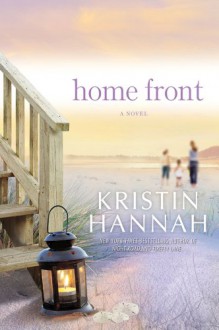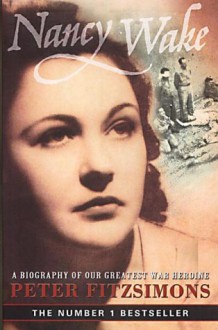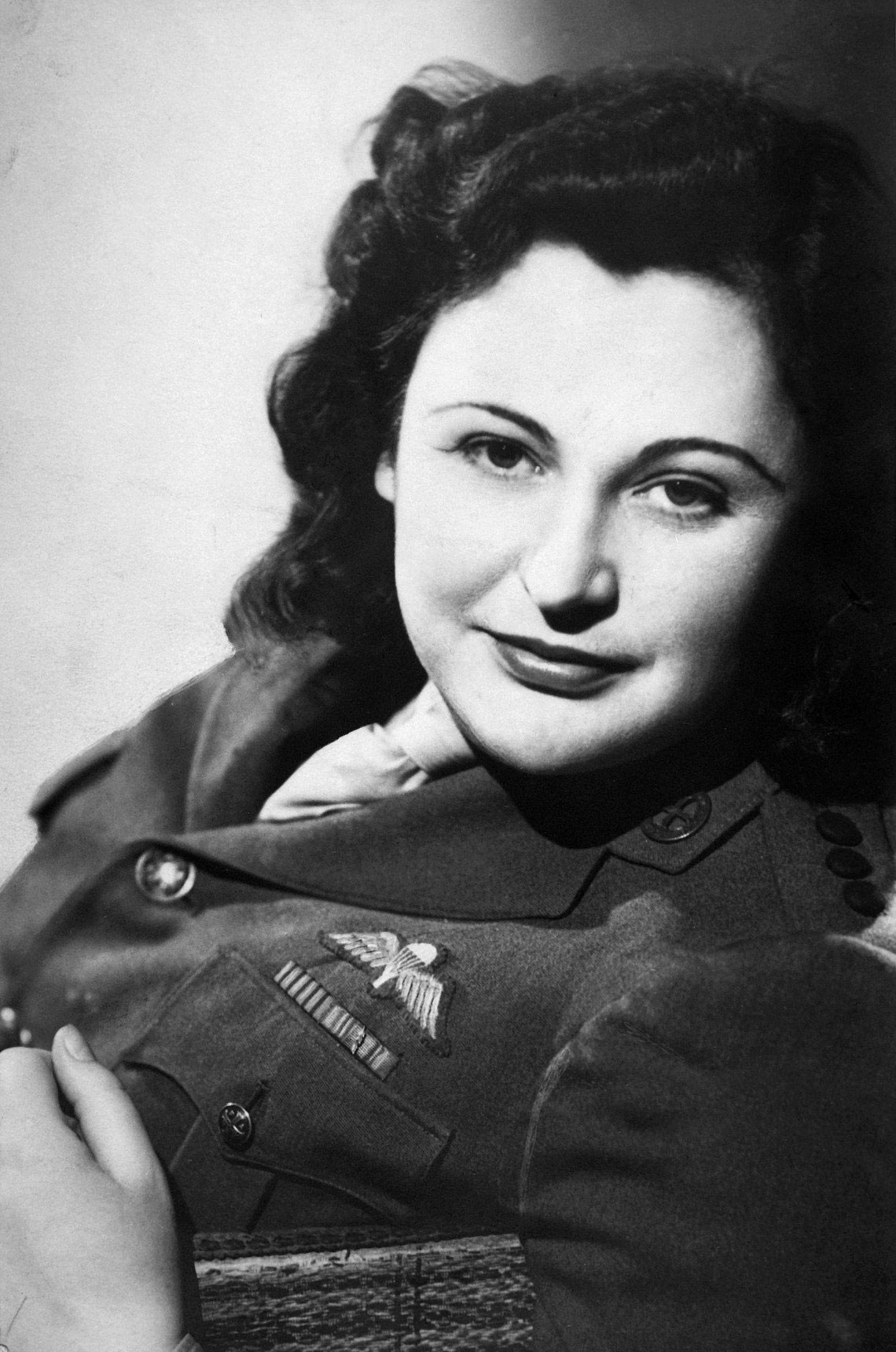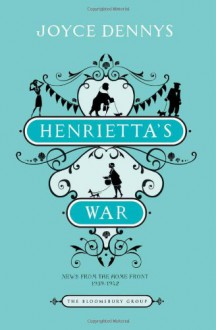
Thanks to Pen & Sword Books for offering me a copy of this book that I freely choose to review.
This book is the product of the author’s work in the archival collection of the Home Front at that Second World War Experience Centre in Yorkshire. It is easy to imagine what fascinating material the collection must contain, and how difficult it must be to choose some witness testimonies over others, but this collection offers a unique point of view, that of boys and girls who lived through the war in Britain. As the author explains, over 200 personal accounts have been used in its creation and they offer as many different points of view as children there were.
The book is divided into several chapters by themes. Although some are chronological (like the beginning, the end and the one about the bombing), some are more general and cover the whole period.
The Beginning talks about the initial thoughts about the war and how life changed (many of the things were surprising to me although I’m sure many people will have heard stories about it. For instance, I knew about the blackouts, but it never occurred to me that the names of train stops would be removed and travelling at night with nothing to help you orient yourself in a city [no lit shop windows, names…] was not only difficult but also dangerous [light coloured cars were forbidden and pedestrians couldn’t be easily seen either]. The chapter ‘Air-Raid Shelters’ shows the steps the government took (steel shelters, Andersons, Morrisons…) and also what individuals themselves did (hide in the cupboard under the stairs, which saved quite a few people, simply ignore the alarms, dig underground trenches [especially soldiers who’d been in WWI], fortify a room, go to the underground in London) to try and keep safe. The pictures that accompany the paperback are an eye-opener to anybody who didn’t live through it. The chapter on evacuation is one of the most heart-wrenching, with a whole range of experiences, from the kids who left the city to face prejudice in rural areas, to those who found a second family and were made feel like royalty. In ‘invasion’ there is discussion of the plans families made in case of invasion (some determined to die rather than be taken prisoner) and also their home-spun anti-spy activities. ‘Shortages’ will probably be familiar to those with relatives who lived through the war, and it is a tribute in particular to mothers’ imagination and inventive when trying to make up for the things that were missing (I loved the mock banana sandwiches made by boiling and mashing up parsnip and mixing up some banana essence). ‘Schools’ emphasises the difficult experiences of those children who missed schooling or had to try and learn in classrooms with neither roofs nor materials, with children of all ages mixed together and hardly any teachers. ‘Entertainment’ shows that children can see opportunities to have fun anywhere. While some children were terrified, many others felt inspired and made use of shrapnel, diffused bombs, ruins of buildings, to role play or to design games and bombs. ‘War Effort’ shares the work older children (some as young as 12) did to help, including running messages, working for the post office bringing the dreaded bad news, girls helping in hospitals, and how many of them moved on to join the armed forces when they grew up. ‘The Bombing of Britain’ will bring memories to many and it covers not only London but many of the other cities, and phenomena such as the families who would leave the cities every night and go back in the morning. The resolution and the population and the way people took everything in their stride come across clear in these accounts. People who survived would dust themselves off and carry on. ‘The End’, talks about the celebrations for those who could celebrate and the sad moments of those who couldn’t.
The book has very funny moments, and sad and hard to read ones too, some inspiring and some not so much. The author is very good at remaining invisible, choosing passages that illustrate different angles of the same theme and letting speak for themselves, without interfering, and the approach increases the power of the accounts. I marked passages and quotes as I went along, but I ended up with so many it was very difficult to choose. But here are a few, to give you a flavour of the book:
Here, talking about taking refuge in cellars:
There was an element of risk sheltering in that cellar with an open fire considering they were ‘within six feet of an operating gas main and visible pipes’, but the general thinking in Charles’s cellar was that it was better to ‘be bombed in comfort’. (17)
Talking about the bombings and the state of disrepair of the houses:
Pamela had her house windows broken, then repaired and covered in sticky tape, and then had the lot of them blown out again. Her mother, being practical, merely commented, ‘Oh well, I will not have to clean them.’
And talking about the VE Day celebrations:
To Irene’s astonishment, one of the elderly church ladies ‘of staid and sober habits’ turned up resplendent in an eye-catching red dress and was later seen leading the conga up the street. (171) It seems the conga was pretty popular.
I am not a big reader of conventional military history (battles, strategy or detailed fight scenes) but I’m always intrigued by what happens back home during any wars and how the world carries on in some fashion for the rest of population while the fighting goes on elsewhere (at least in conventional wars). The memories of those children and their accounts of their experiences at the time might be tinged with nostalgia in some cases, but in others, it reflects the long-term effects of experiences lived so long ago and that have not been forgotten. It is impossible to read this book and not think about those children who, still today, live in a constant state of war and danger, and how disruptive this will be to their lives if they reach adulthood.
I recommend this book to anybody interested in the home front angle of the war (World War II in Britain in particular, but any wars), in stories about children’s subject to extreme situations, and anybody who enjoys history as told not by politicians and big names, but by the people in the street. A great and important book that should be required reading for school-age children.

 Log in with Facebook
Log in with Facebook 














